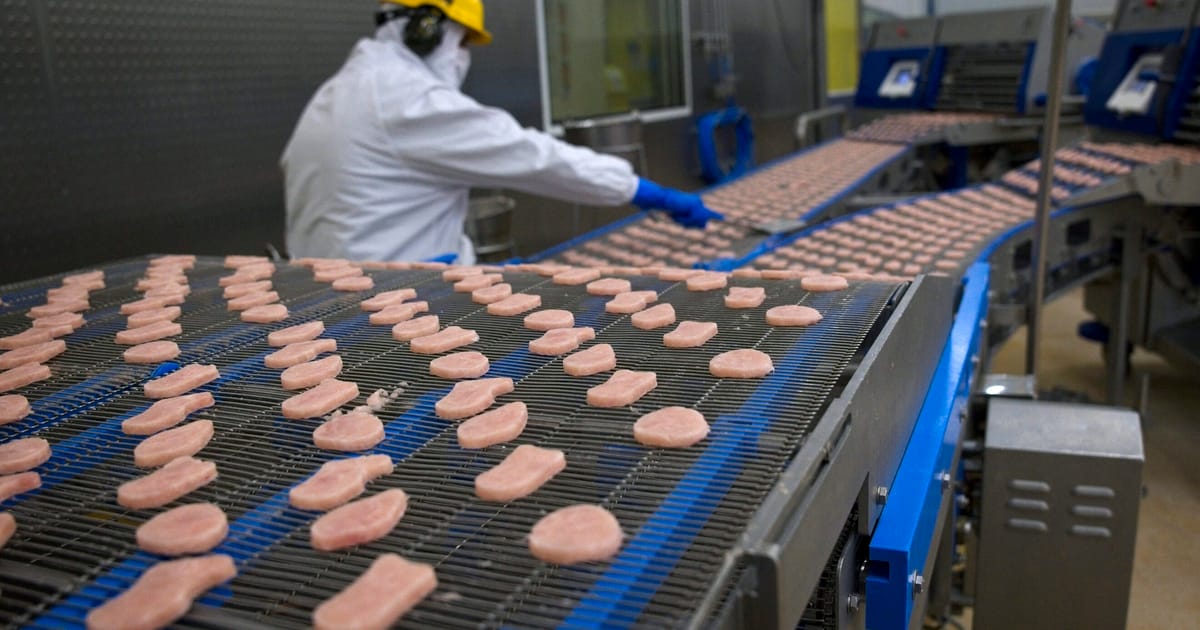“We have to stop destroying the planet as we feed ourselves,” a World Bank official said, as red meat and dairy drive CO2 emissions.
Cows and milk are out, chicken and broccoli are in — if the World Bank has its way, that is.
In a new paper, the international financial lender suggests repurposing the billions rich countries spend to boost CO2-rich products like red meat and dairy for more climate-friendly options like poultry, fruits and vegetables. It’s one of the most cost-effective ways to save the planet from climate change, the bank argues.
The politically touchy recommendation — sure to make certain conservatives and European countries apoplectic — is one of several suggestions the World Bank offers to cut climate-harming pollution from the agricultural and food sectors, which are responsible for nearly a third of global greenhouse gas emissions.
…
The paper comes at a diplomatically strategic moment, as countries signed on to the Paris Agreement — the global pact calling to limit global warming to 1.5 degrees Celsius — prepare to update their climate plans by late 2025.



How about a carbon tax?
Everything should have a carbon tax. Someone once told me, “but who would pay for that tax?” Implying that we will be the ones to pay it. Thats the freaking idea.
The rich have problems paying just their regular owed taxes, nothing even exceptional; they draft legislation to lower their own tax rates while keeping taxes on labor the same.
Why is capital gains taxed at a lower rate than income? Is sitting on a pile of money and watching it grow somehow more noble than sweating and hard work?
I think a carbon tax is necessary but I think getting the responsible parties in our industrial world to actually pay it, would be extremely difficult. You’d never see such bipartisan cooperation in various governments until someone threatens the subsidies for the liquid black gold.
There seems to be an awareness void concerning the concept of who uses the most carbon and the creative non regressive ways in which those taxes can be distributed. I’m sure that’s a coincidence though…
Carbon taxes need a caveat that prices cannot change due to the tax. Otherwise it’s just another way for big business to profit.
“We had to raise our prices because of the carbon tax!”
“But the tax is 8% and your prices have gone up 20%”
shrugs “Dunno. Carbon tax.”
The impossible love of fossil fuel companies for carbon taxes - ScienceDirect